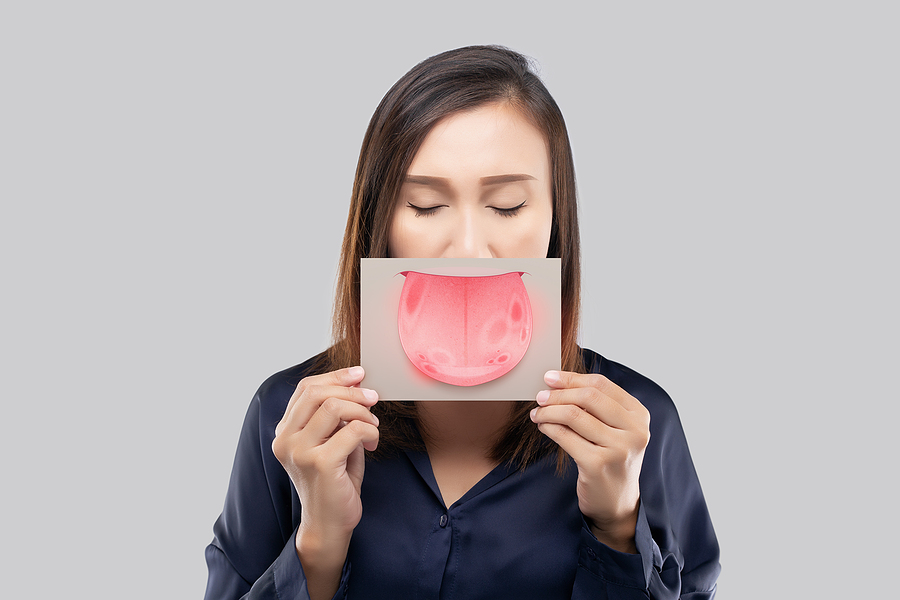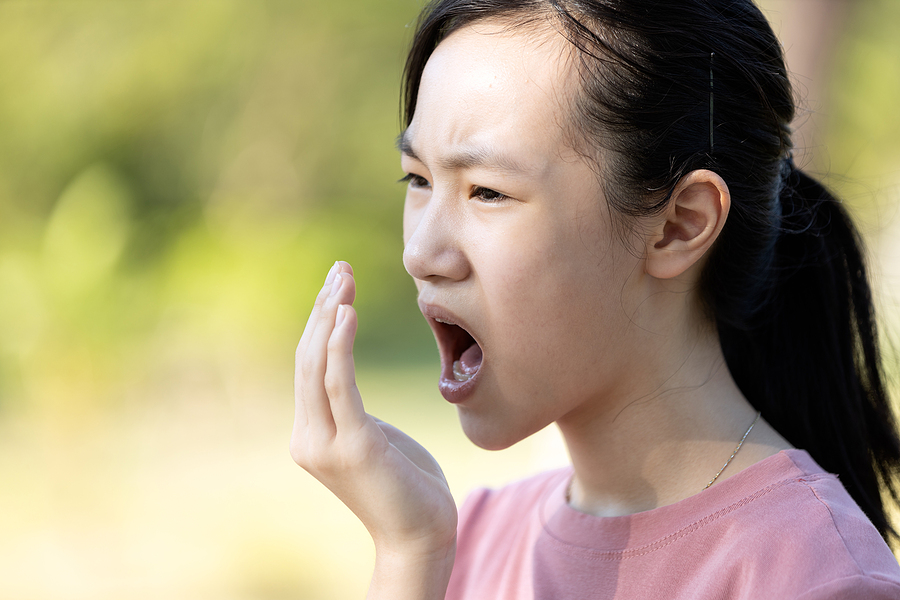Temporomandibular joint (TMJ) disorder causes a variety of symptoms, including jaw pain, headaches, a popping or clicking sound when you open your mouth, dizziness, earaches, and toothaches. The condition can be temporary or chronic, and it may go away on its own or require treatment. Botox is used to treat TMJ disorders in a few ways.
What is Botox?
Botox is an injectable treatment that temporarily paralyzes the muscles responsible for teeth grinding, jaw clenching, and other symptoms of TMD and headaches. The neuromodulator medication works by affecting the communication between nerves and muscles in the face. Potential patients must be screened first to determine if they are good candidates for the treatment.
Our dentist offers Botox to patients in the Indianapolis area to help them reduce pain and tension caused by a temporomandibular joint disorder (TMD), a common condition that affects as many as 10 million people in the United States alone. Many people suffer from chronic problems associated with the disorder without even realizing it. If you think you may be experiencing the symptoms of TMD, schedule an appointment with us. We can perform a thorough examination to determine if you can benefit from treatments like Botox.
The Science Behind Botox
BOTOX® is a purified protein that, when injected into facial muscles, blocks nerve impulses from triggering muscle contractions. This prevents the muscles from contracting and prevents the formation of fine lines and wrinkles. When applied to your temporalis muscle, this can help diminish or eliminate headaches and migraines caused by bruxism and other jaw conditions.
Dentists are also trained to administer injections of Botox into the areas around your mouth to ease the pain and tension associated with the temporomandibular joint disorder. This can reduce pain, reduce tension, and pressure in the jaw area and even relieve migraines caused by TMD. It can also help minimize teeth grinding and clenching at night, which causes damage to your teeth over time.
Is Botox Safe?
The FDA-approved formula of Botox is completely safe when applied by a trained professional like your dentist. When administered, Botox can temporarily relax the muscles in your face that create wrinkles. However, its cosmetic benefits are only temporary. Patients will need to have the treatment repeated every three to four months to keep their skin looking youthful and smooth.
But Botox isn’t just used for smoothing out fine lines and wrinkles. It can also help with painful ailments like chronic migraines and temporomandibular joint disorder (TMJ). By relaxing the facial muscles that produce headaches or lock your jaw in place, Botox can provide much-needed relief for patients who suffer from debilitating pain.
If you are interested in using Botox to treat TMJ or relieve headaches, call our friendly staff at (317) 359-8000 today. We would be happy to schedule you for an appointment at our family dental practice in Indianapolis, IN. We look forward to working with you soon!
More Blog Posts
Office Hours
MON - THU8:00 am - 5:00 pm
FRI8:00 am - 2:00 pm
SAT - SUNClosed





